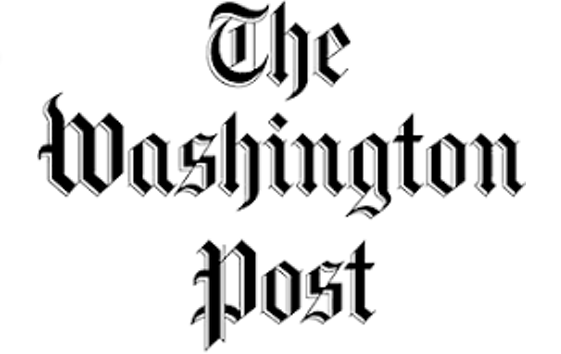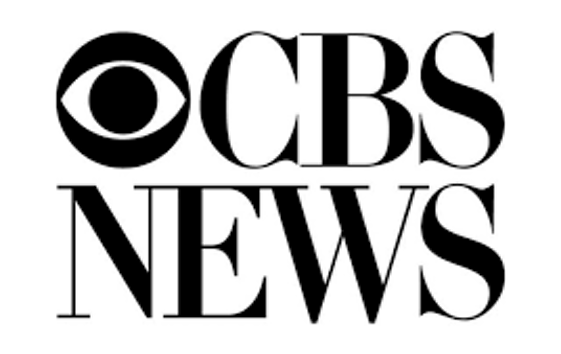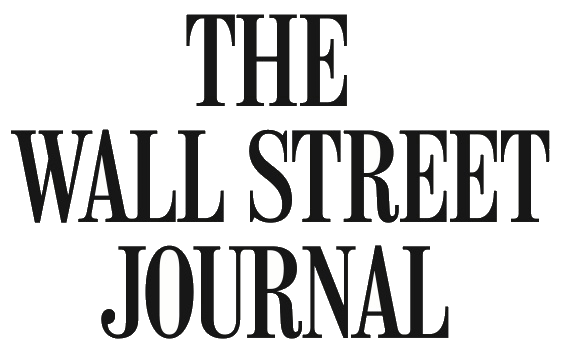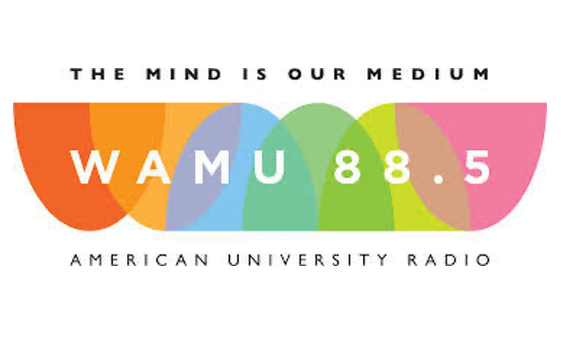 Arsenal Attorneys: A National Firm - Offices in Virginia and California
Arsenal Attorneys: A National Firm - Offices in Virginia and California
Arsenal Attorneys: A National Firm - Offices in Virginia and California
Arsenal Attorneys: A National Firm - Offices in Virginia and California
CONTACT US TODAY
800.819.0608
Displaying items by tag: gun control
Arsenal Attorneys Win Challenge to DC’s Ghost Gun Statute
Arsenal Attorneys’ George L. Lyon, Jr and Matthew J. Bergstrom, on behalf of client Dick Heller (of District of Columbia v. Heller fame) and two other plaintiffs successfully challenged the District of Columbia’s so-called ghost gun statute. As a result, District residents will have the freedom to make their own firearms, subject to DC’s registration requirement and placing a serial number on the firearm.
The District has since 1976 banned the manufacture of a firearm in the city, a plainly unconstitutional prohibition. In 2019, the District passed its so-called ghost gun statute which criminalized the possession of “unfinished” receivers. According to Mr. Lyon, “DC so broadly defined a ghost gun that it likely unintentionally outlawed most polymer frame handguns, including the very Glock handguns the city issues to its own police officers.”
Arsenal Attorneys and Dick Heller determined to challenge the District’s plainly unconstitutional prohibition on self-made firearms. Mr. Heller ordered a Polymer 80 (unfinished receiver) kit and had the kit sent to one of the District’s FFLs in anticipation of registering it. The FFL in turn inquired of the Metropolitan Police Department as to how to handle the matter and was told that the kit was illegal and to send it back to the vendor.
In response, Mr. Heller sued in Federal District Court for the violation of his constitutional rights. Two other District residents who own polymer frame handguns sued on the grounds that the District law appeared to criminalize their possession of their legally acquired and registered polymer framed pistols.
The District, concluding that the law was indefensible, enacted temporary legislation to address the plaintiff’s claims. Among the changes the District made to its law was a provision allowing District residents to make their own firearms subject to registration and placing a serial number on the self-made firearm. Additionally, the District repealed the ban on unfinished receivers and amended its definition of “undetectable” firearm to avoid criminalizing the possession of polymer frame receivers.
The District’s City Council is currently considering a bill to permanently repeal the offending provisions.
As compensation for the denial of Mr. Heller’s civil rights, without admitting liability, the District paid the Heller Foundation $5,000, a nonprofit dedicated to education on gun rights and safety. The District also paid plaintiffs’ attorneys fees and costs in bringing the action in the amount of some $81,000.
Arsenal Attorneys is preparing additional litigation related to DC’s unconstitutional firearms regulations. If you are interested in becoming a plaintiff in one or more of these cases, please contact us.
Arsenal Attorneys is a nationwide law firm headquartered near Washington, DC in Fairfax, Virginia. The firm offers services in estate planning, criminal defense, civil litigation, business law, firearms law, and its proprietary Arsenal Gun Trust. George Lyon is licensed to practice law in Virginia and the District of Columbia. He was one of the plaintiffs in Palmer v. District of Columbia that forced DC to begin issuing concealed carry licenses and in the US Supreme Court's landmark Second Amendment decision, Heller, which legalized handguns in Washington, DC. Mr. Lyon is licensed by the Metropolitan Police Department to teach the DC Concealed Carry License course including the renewal course and conducts the course monthly. His next class will be May 21-22. Class will be conducted online in light of continuing COVID 19 health issues, with the shooting portion of the course arranged by appointment. To sign up for his course, contact Mr. Lyon at gll@arsenalattorneys.com or at 202-669-0442.
US Supreme Court Considers Right to Bear Arms Outside the Home in New York State Rifle and Pistol Association, Inc. v. Corlett
As you have no doubt heard the US Supreme Court on April 26, 2021 decided to hear a major gun rights case, New York State Rifle and Pistol Association, Inc. v. Corlett. Corlett focuses on the second leg of the Second Amendment, the right to bear arms outside the home.
The Supreme Court’s 2008 Heller decision and its 2010 McDonald decision confirmed the right to keep or possess a functional firearm in the home. Since that time, the federal courts have disagreed concerning the right to possess and carry a firearm outside the home. Federal appellate courts in Illinois and the District of Columbia have held that the Second Amendment extends outside the home sufficiently to allow law-abiding persons to carry handguns for self-protection. Federal appellate courts in the Northeast and on the West Coast have ruled that to the extent the reach of the Second Amendment extends outside the home, the state can limit that right to persons showing a special need. Corlett could resolve this conflict between the federal courts.
The law at issue in Corlett is similar to gun-control measures in several other states such as California, Hawaii, Maryland and New Jersey. To receive a license to carry a concealed firearm outside the home, a person must show “proper cause,” meaning a special need for self-protection distinct from the population at large. Living in a crime infested neighborhood is not considered a “special need” under this and similar statutes of other jurisdictions. Two men challenged the law after a New York judge rejected their concealed-carry applications. The U.S. Court of Appeals for the 2nd Circuit upheld the law, prompting the challengers to appeal to the Supreme Court.
Currently the vast majority of states allow firearm carry outside the home for personal protection without the requirement to show a special need, or despite having a “good reason” requirement, generally consider self-defense to constitute a good reason to issue a carry permit or license. Delaware is such an example of the latter.
After considering Corlett in three conferences, the justices agreed to hear the case. The Court instructed the parties to brief a slightly narrower question than the challengers had asked them to decide, limiting the issue to whether the state’s denial of the individuals’ applications to carry a gun outside the home for self-defense violated the Second Amendment. Some commentators have expressed concern that this signals that the Court is looking to make the narrowest ruling possible on the law. The case nonetheless has the potential to be a landmark ruling. It will be argued in the fall, with a decision expected sometime next year.
A favorable decision from the Court would likely doom the “may issue” permit licensing schemes followed by the handful of restrictive states such as Maryland, New Jersey and California. This would mean Maryland would likely become a shall issue jurisdiction like its neighbors in DC, Virginia, Pennsylvania, Delaware and West Virginia. A more far-reaching result of the case may be to resolve how the federal courts evaluate challenges to gun control restrictions in general.
Certain of the Justices, most notably Justice Thomas, have previously expressed their concern that the lower federal courts are declining to give appropriate deference to the Second Amendment. The two newest Justices, Barrett and Kavanaugh previously dissented in cases upholding gun restrictions when they were circuit court judges, Justice Kavanaugh in a DC case involving so-called assault weapons restrictions and Justice Barrett in a case challenging the per se prohibition on felons (even non-violent felons) possessing firearms and ammunition.
A favorable decision from the Supreme Court on Corlett could clarify what is called the standard of review for Second Amendment cases and possibly serve as a precedent for invalidation of so-called assault weapon prohibition laws and magazine capacity restrictions. The Court has previously declined to hear such cases.
One uncertainty is whether the New York defendants in the case might attempt to moot the controversy by reversing the decision to deny the unrestricted handgun licenses sought by the two individual plaintiffs in the case. In a previous case involving a New York City ordinance that restricted where handgun owners could transport their firearms, the defendants successfully avoided a Supreme Court decision by repealing the offending restriction. It remains to be seen whether New York will try a similar tactic to avoid a decision and whether the Supreme Court will countenance such an artifice.
Arsenal Attorneys is a nationwide law firm headquartered in Fairfax, Virginia in the metropolitan Washington, DC. The firm offers serves clients in over 30 states in estate planning, criminal defense, civil litigation, business law, landlord-tenant disputes, real estate, firearms law, restoration of rights, carry permits, and the firm’s proprietary Arsenal Gun Trust. Matthew Bergstrom is the firm’s Managing Attorney, and he is licensed in California, Michigan, Nevada, Virginia, and the District of Columbia. George Lyon is licensed to practice law in Virginia and the District of Columbia. He was one of the plaintiffs in Palmer v. District of Columbia which forced DC to begin issuing concealed carry licenses, and he was one of the initial plaintiffs in the US Supreme Court's landmark Second Amendment decision, Heller, which legalized handguns in Washington, DC. Mr. Lyon is licensed by the Metropolitan Police Department to teach the DC Concealed Carry License course including the renewal course and conducts the course monthly. Contact Mr. Lyon at gll[at]arsenalattorneys.com.
This blog is intended for informational purposes only and is not intended as legal advice.
US Supreme Court Both Rejects and Delays Possible 2nd Amendment Cases
By George L. Lyon, Jr, Esq.
As you may have heard the Supreme Court last week dismissed as moot the New York State Rifle and Pistol case that many had hoped would clarify for the lower courts the standard court should use to review second amendment cases. While not unexpected, the 6-3 decision was still a disappointment. Justice Alito wrote a dissenting opening which Justices Thomas and Gorsuch joined arguing that the case was not moot and that the city ordinance at issue was unconstitutional. In the penultimate paragraph of his opinion, Justice Alito made the following comment:
“We are told that the mode of review [by the lower courts] in this case is representative of the way Heller has been treated in the lower courts. If that is true, there is cause for concern.”
Important News on DC Concealed Carry Licenses and Firearms Transfers
By George L. Lyon, Jr, Esq.
There have been a number of important developments affecting DC Concealed Carry Licensees, and new and renewal applicants.
First, due to the Corona virus medical emergency, indoor ranges are closed and in person classes are difficult, if not impossible to conduct classes and shooting qualifications. This especially impacts persons with DC carry licenses up for renewal while the Corona virus emergency is pending.
I brought this fact up to MPD and DC City Council Chairman Phil Mendelson, who in turn spoke to Chief Newsome about extending the expiration date on expiring licenses. The DC council then passed legislation giving the Mayor authority to extend expiring licenses (carry as well as other licenses) through the current medical emergency. Chief Newsome then exercised that authority by extending licenses expiring during the medical emergency for the duration of the medical emergency and for an additional 45 days thereafter.
CONTACT OUR FIRM
CONTACT US TODAY
Arsenal Attorneys is committed to answering your questions about estate planning, firearms, business law, litigation, and criminal defense issues.
We'll gladly discuss your case with you at your convenience. Contact us today to schedule an appointment.
LOCATION
4000 Legato RoadSuite 1100
Fairfax, VA 22033
800.819.0608











